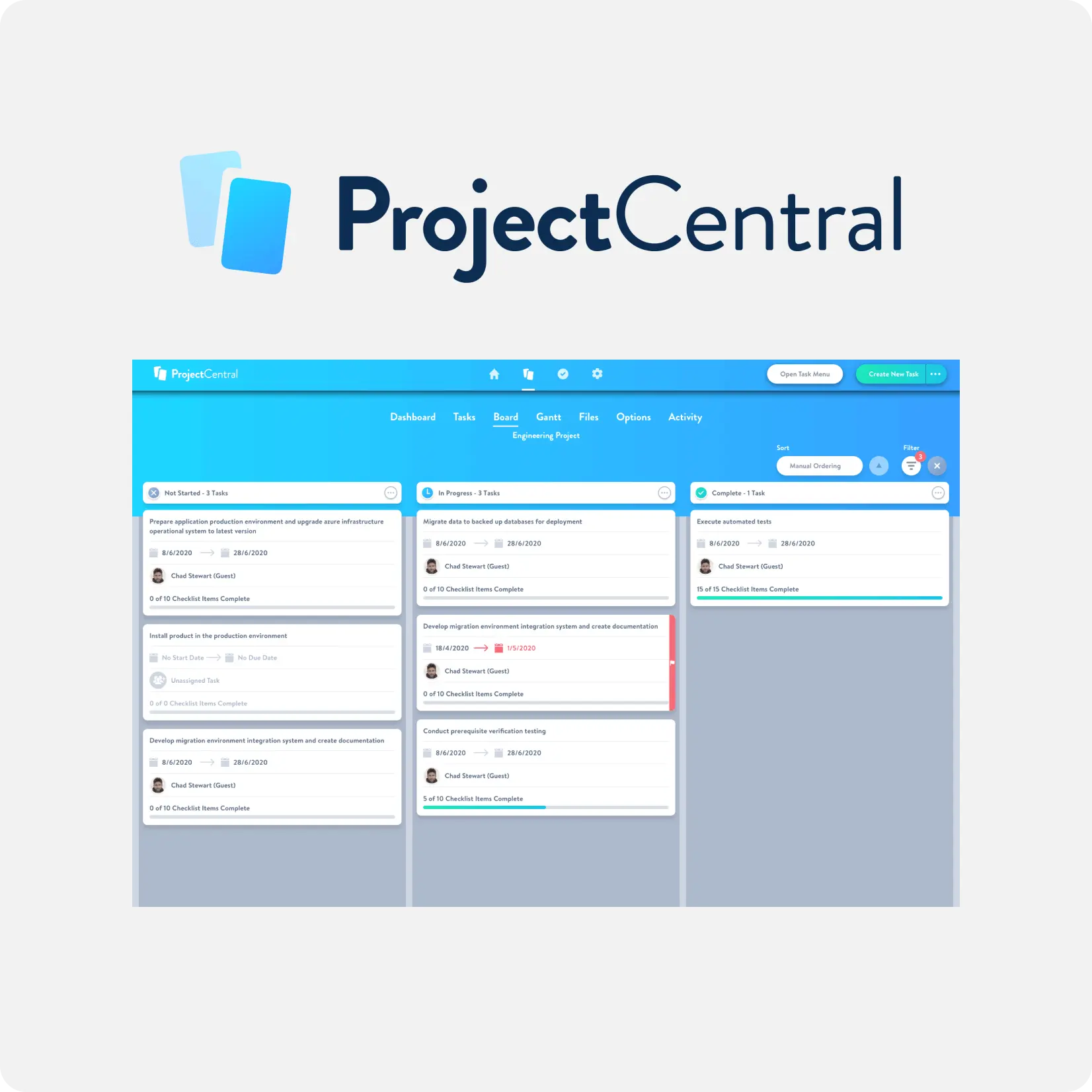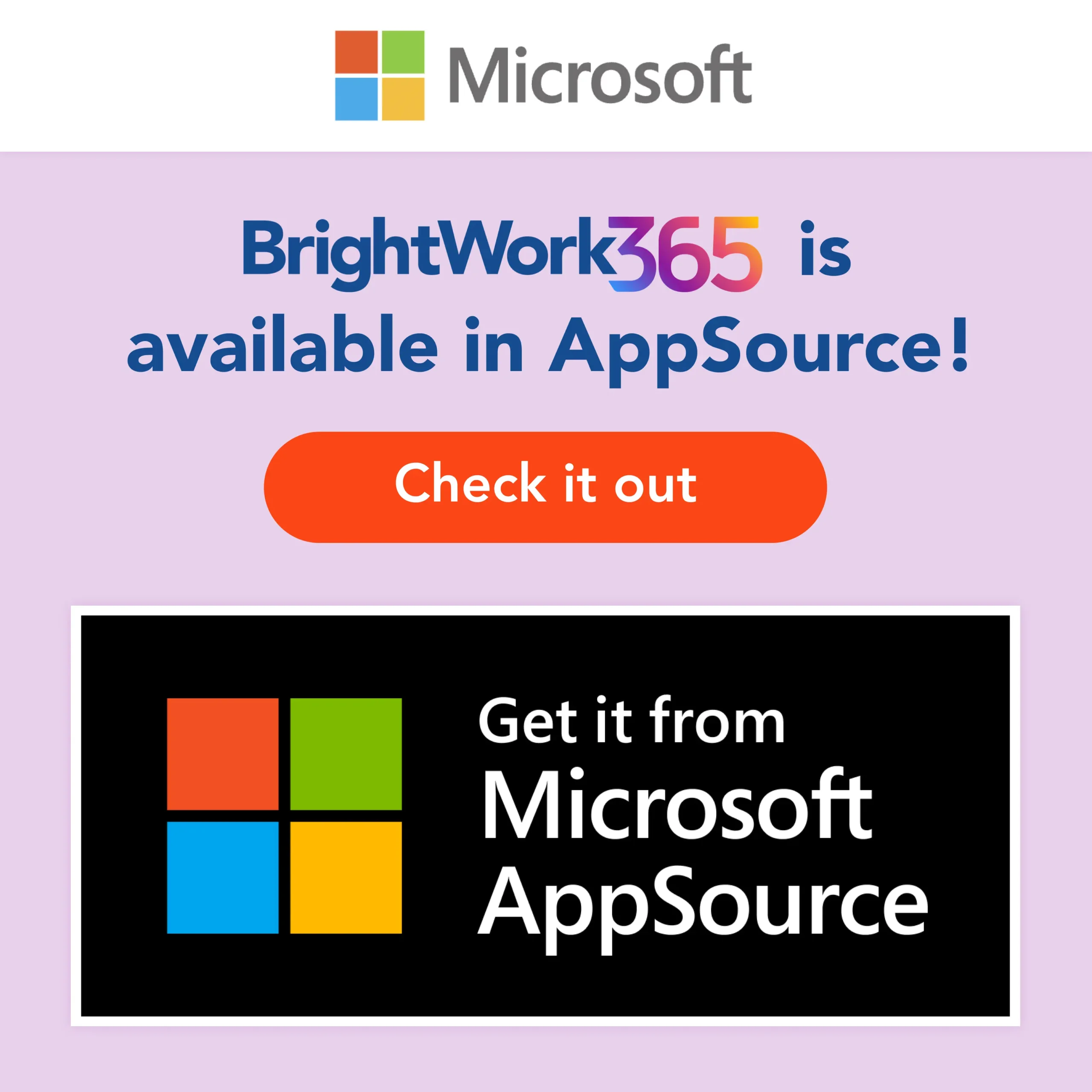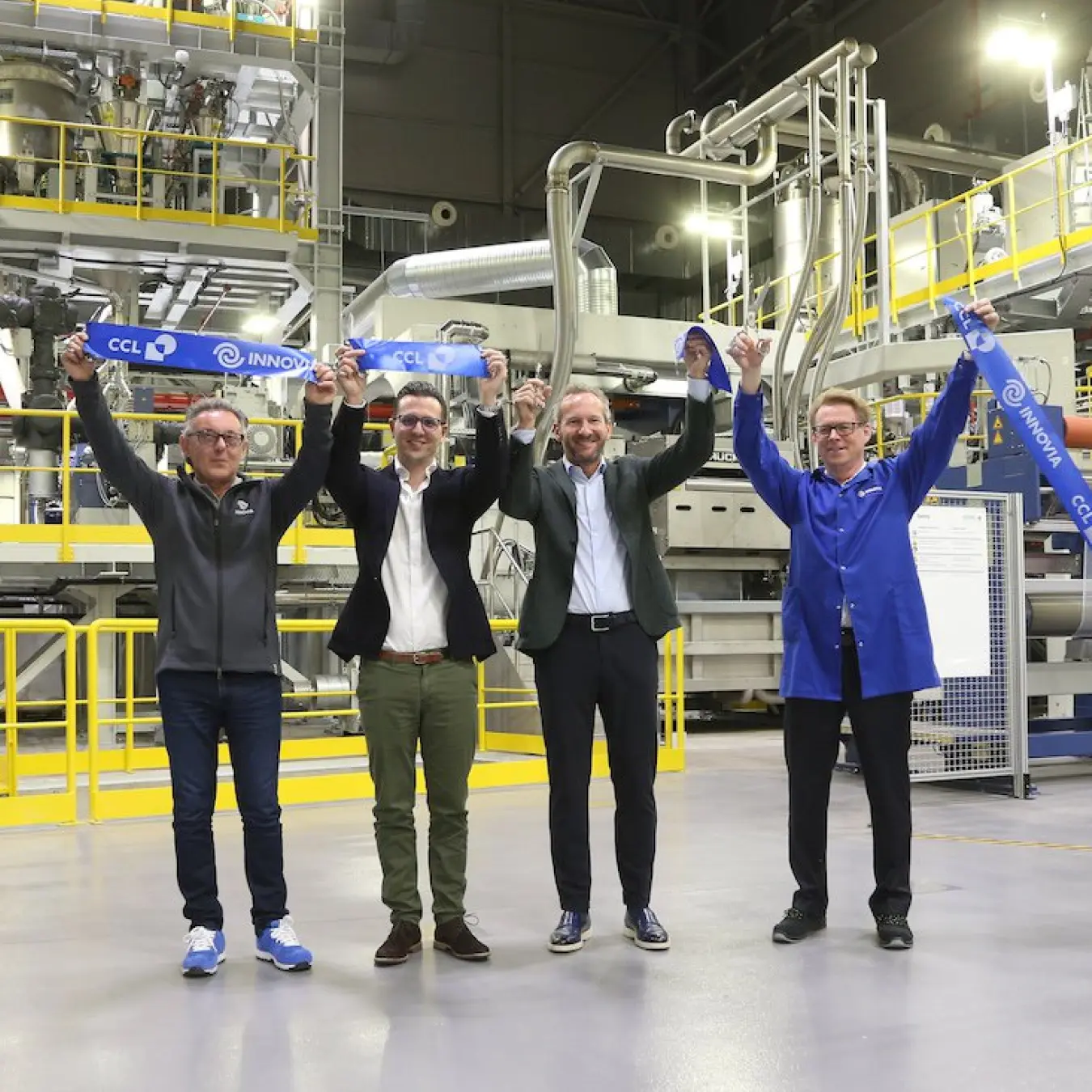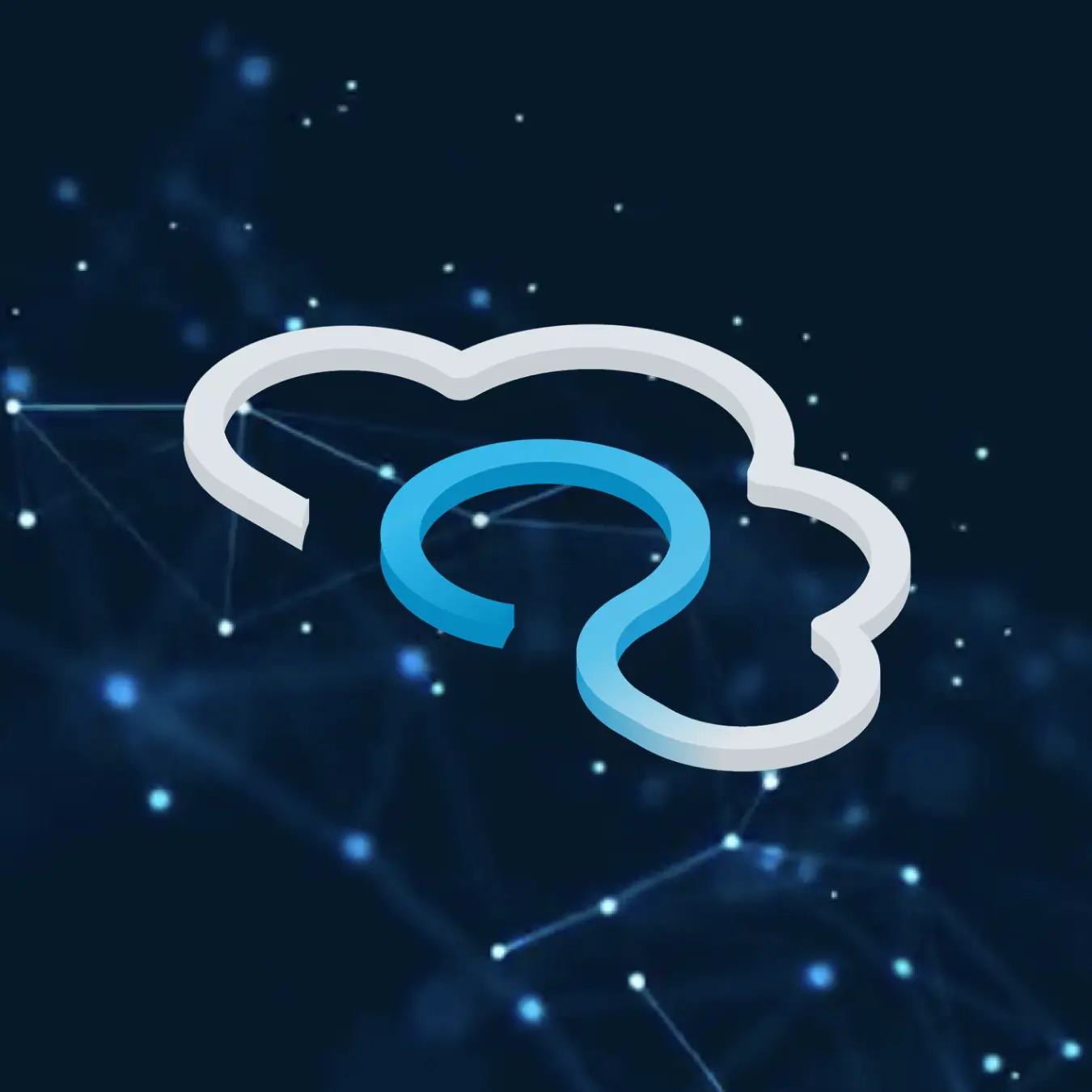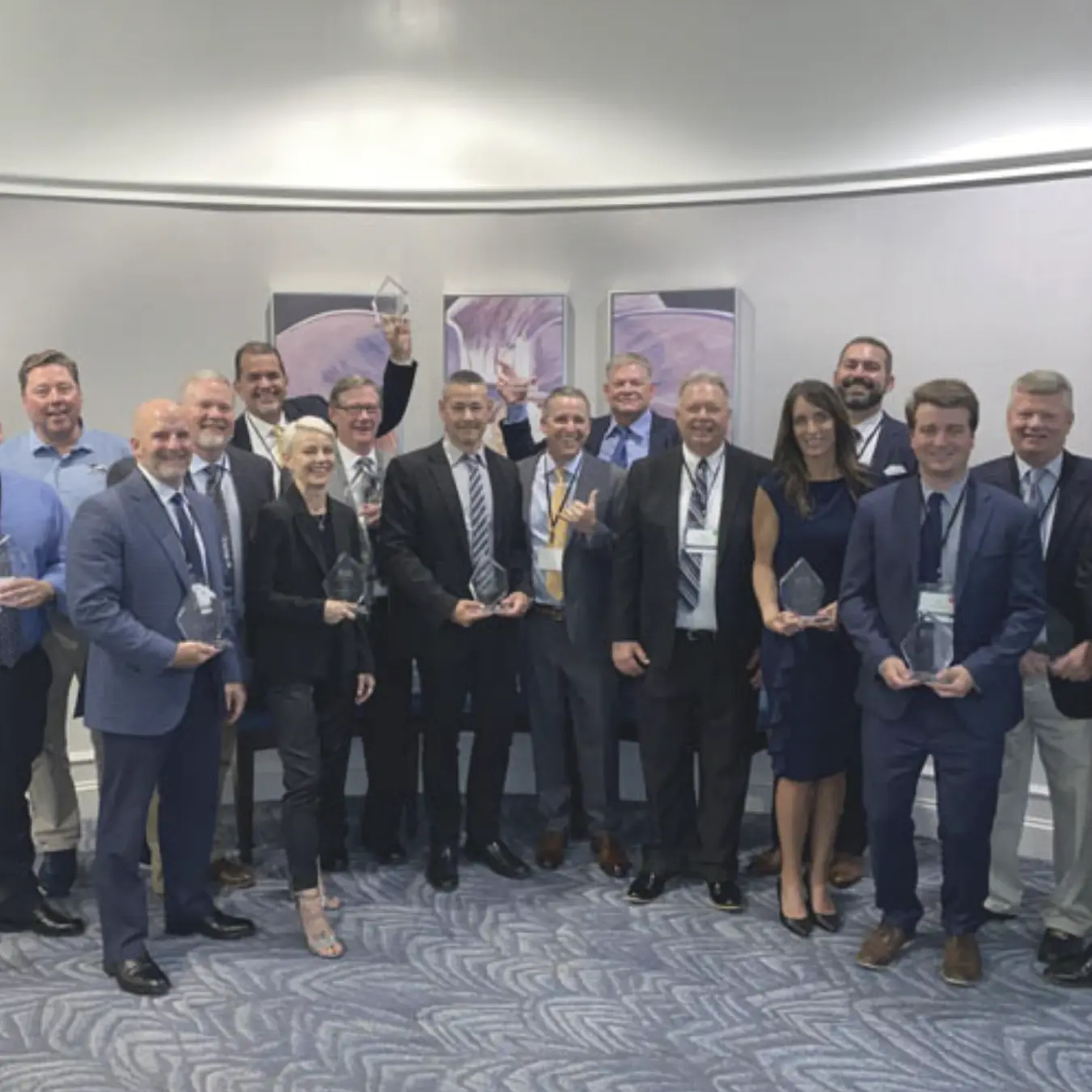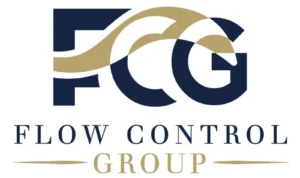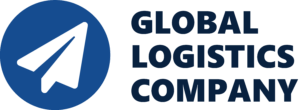The BrightWork Story
We make project portfolio management success easier so you can reach your business goals.
Organizations worldwide trust BrightWork for project management success

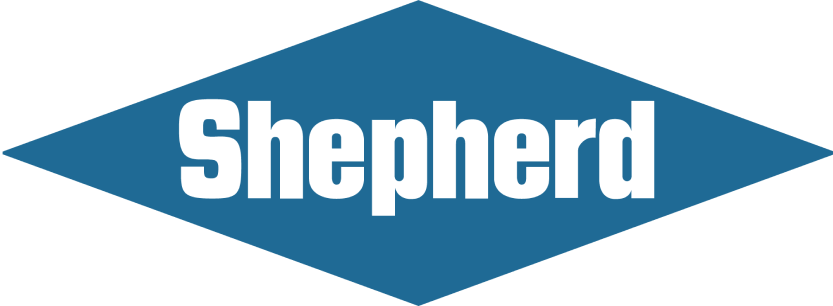



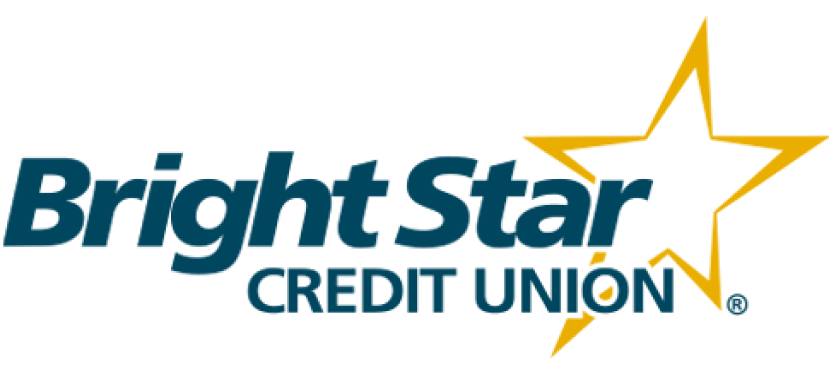




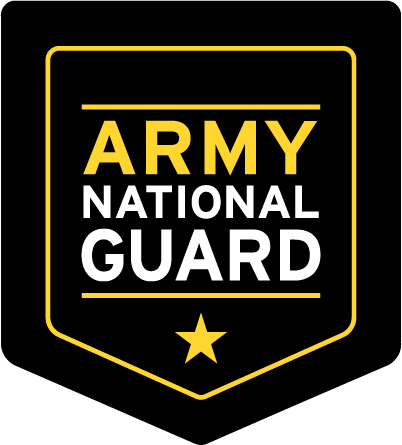





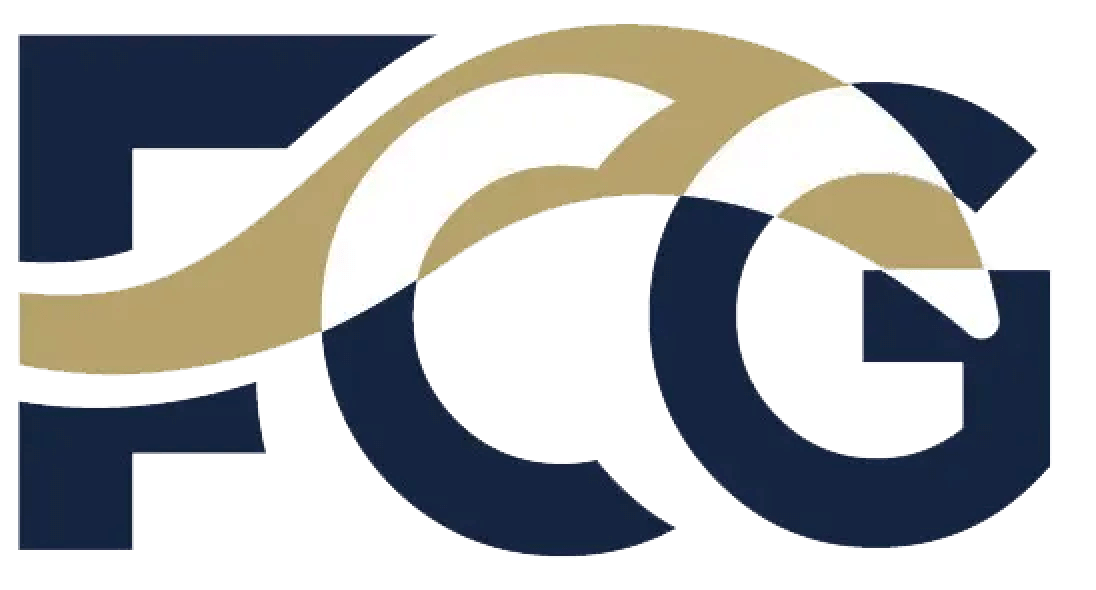







The Challenge
At BrightWork, we know you rely on project portfolio management (PPM) to innovate and grow. We also know many projects fail as teams lack the tools and guidelines to collaborate successfully.
Project teams want to manage projects tasks, analyze data, and share reports using a single tool to be more efficient. Senior leaderships want immediate visibility of all their projects and programs in one place to be able to make well-informed business decisions.
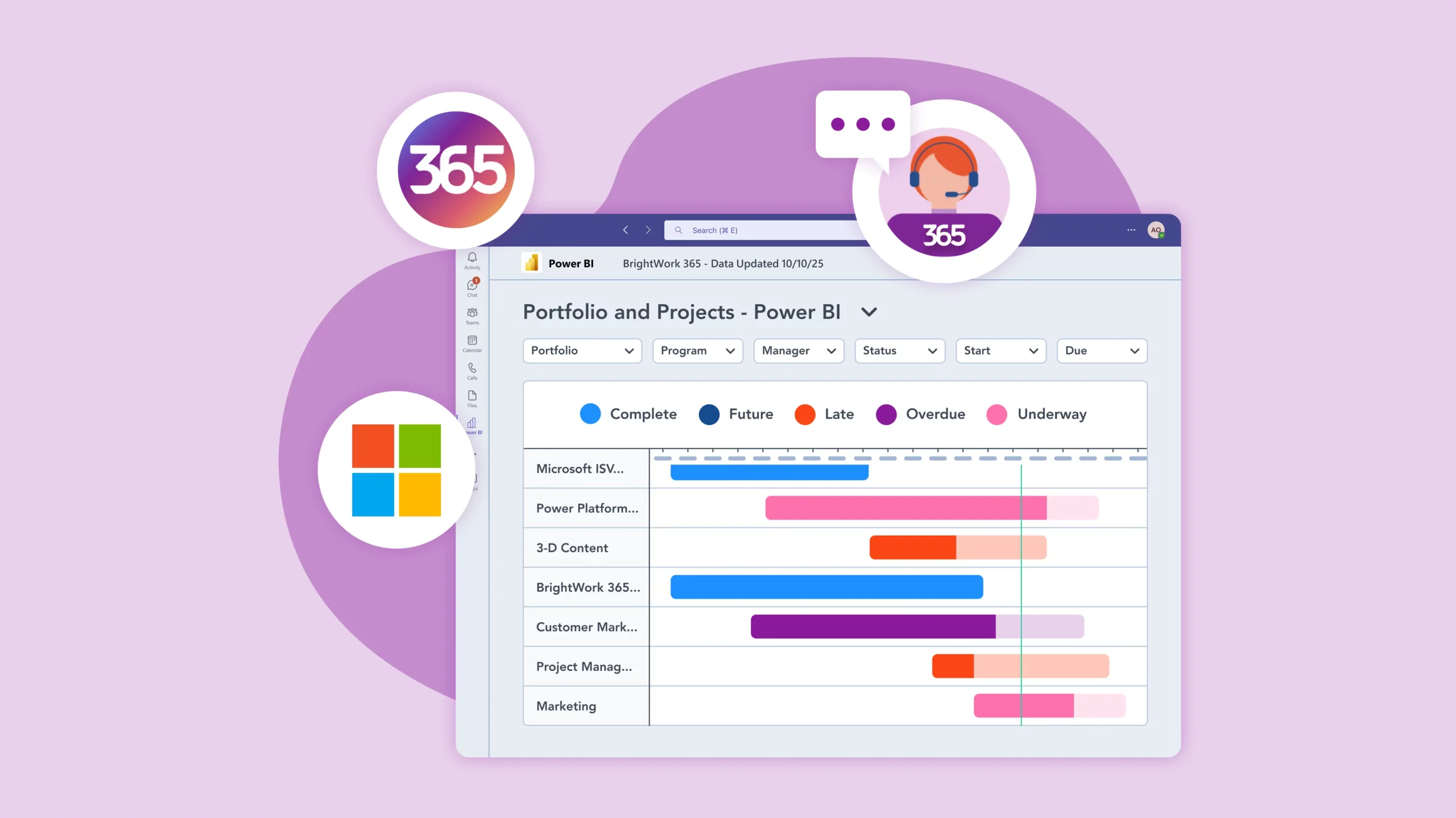
Our Solutions
We created our solution to help organizations achieve successful collaborative project portfolio management on Microsoft 365 and Microsoft SharePoint.
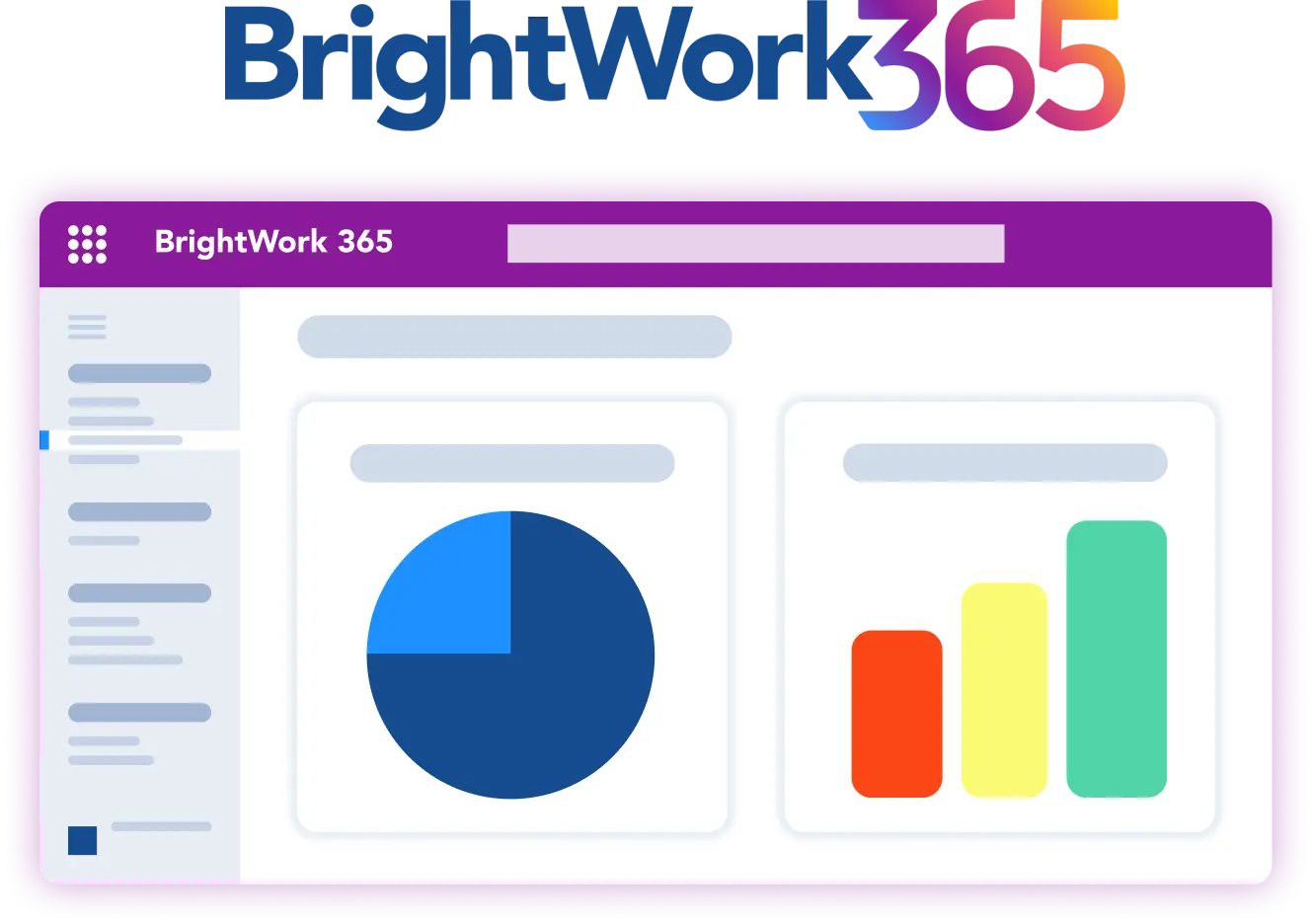
For Microsoft 365, Power Platform, and Teams
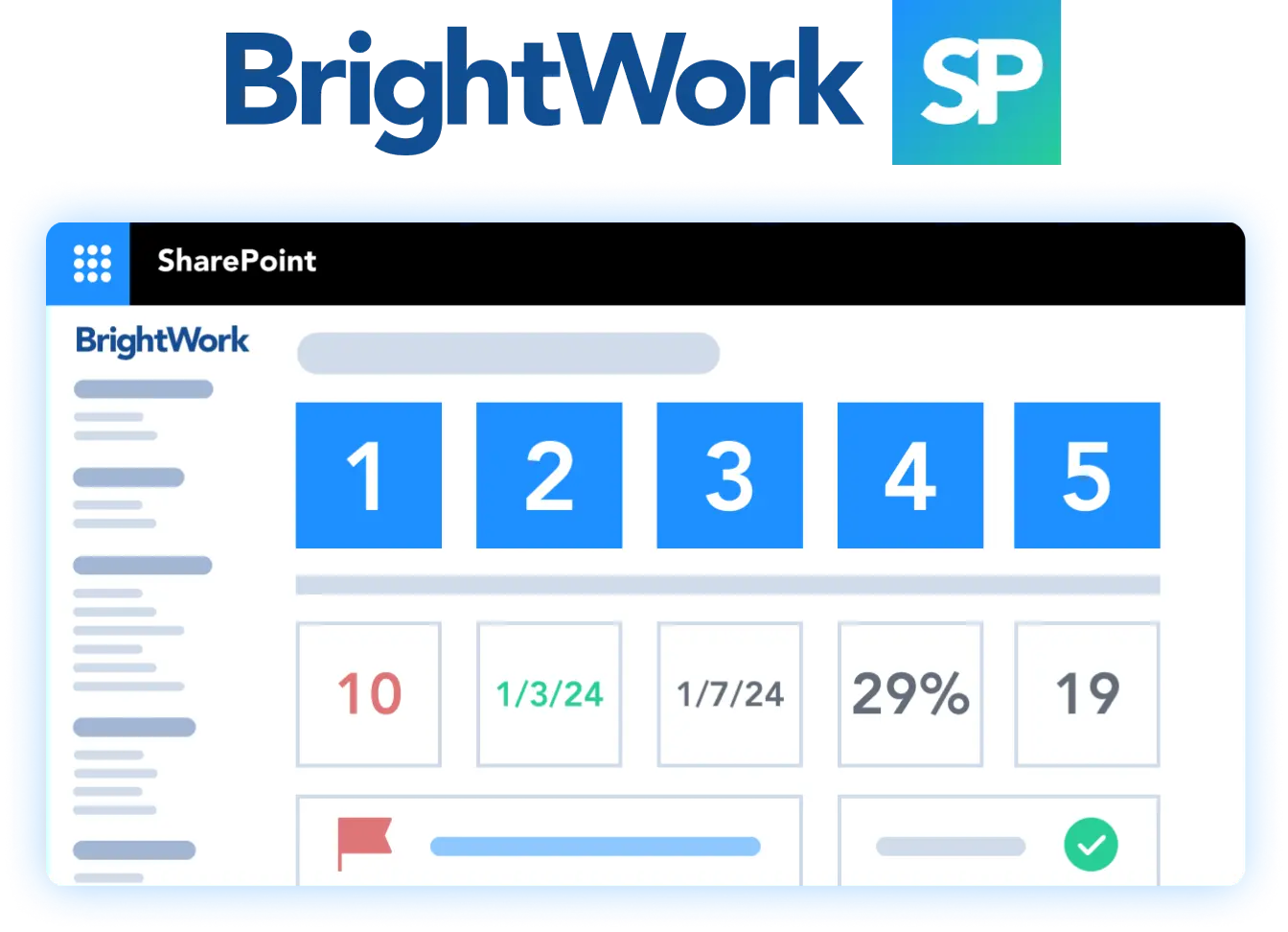
For SharePoint 2016 and 2019
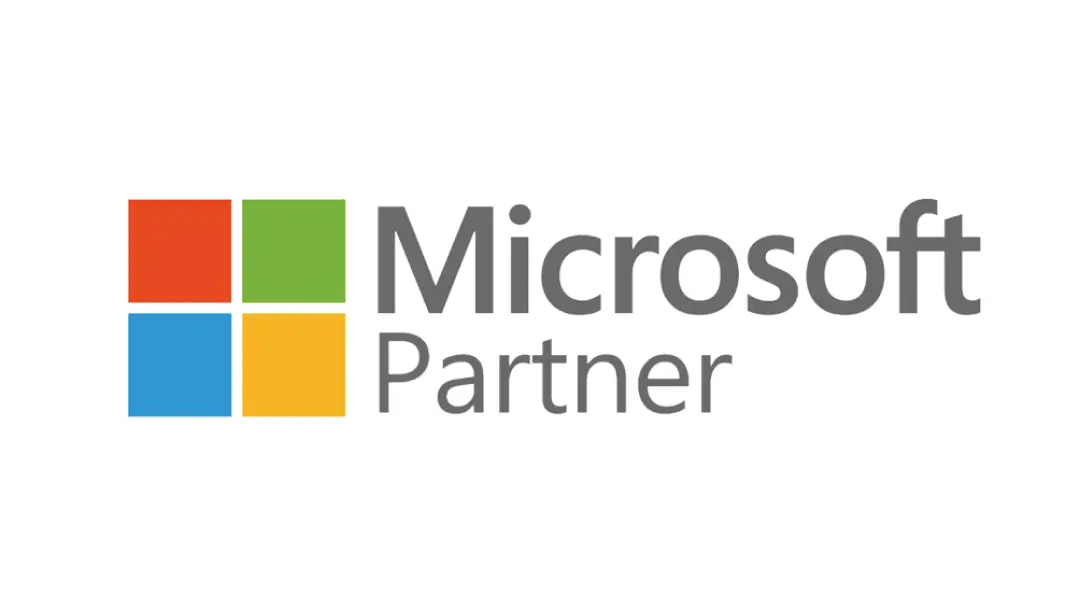
BrightWork is a long-time Microsoft ISV (Independent Software Vendor) Partner with offices in Galway, Ireland, and Boston, USA.
BrightWork Deployment Approach: Start-Evolve
Start quickly to get immediate standardization and visibility for your projects so you can easily control your project portfolio.
Evolve by adding and maturing your project management processes and practices to achieve more timely and predictable outcomes.
The BrightWork Story
1995: Early Days
In 1995, Éamonn McGuinness (BrightWork CEO) was working with organizations to deploy project management processes. He quickly noticed two trends amongst his customers. Firstly, the new processes worked well for a few months, but the improvements didn’t last beyond 12-18 months. With so much time needed to keep these manual processes up-to-date, people soon fell back into old habits.
Secondly, customers were using email and spreadsheets to manage projects with no real visibility into progress. What customers needed was a way to get more visibility and automate processes to help teams manage projects easily. With a vision for a new product to make project management easier for customers, Éamonn started the company that would deliver BrightWork.
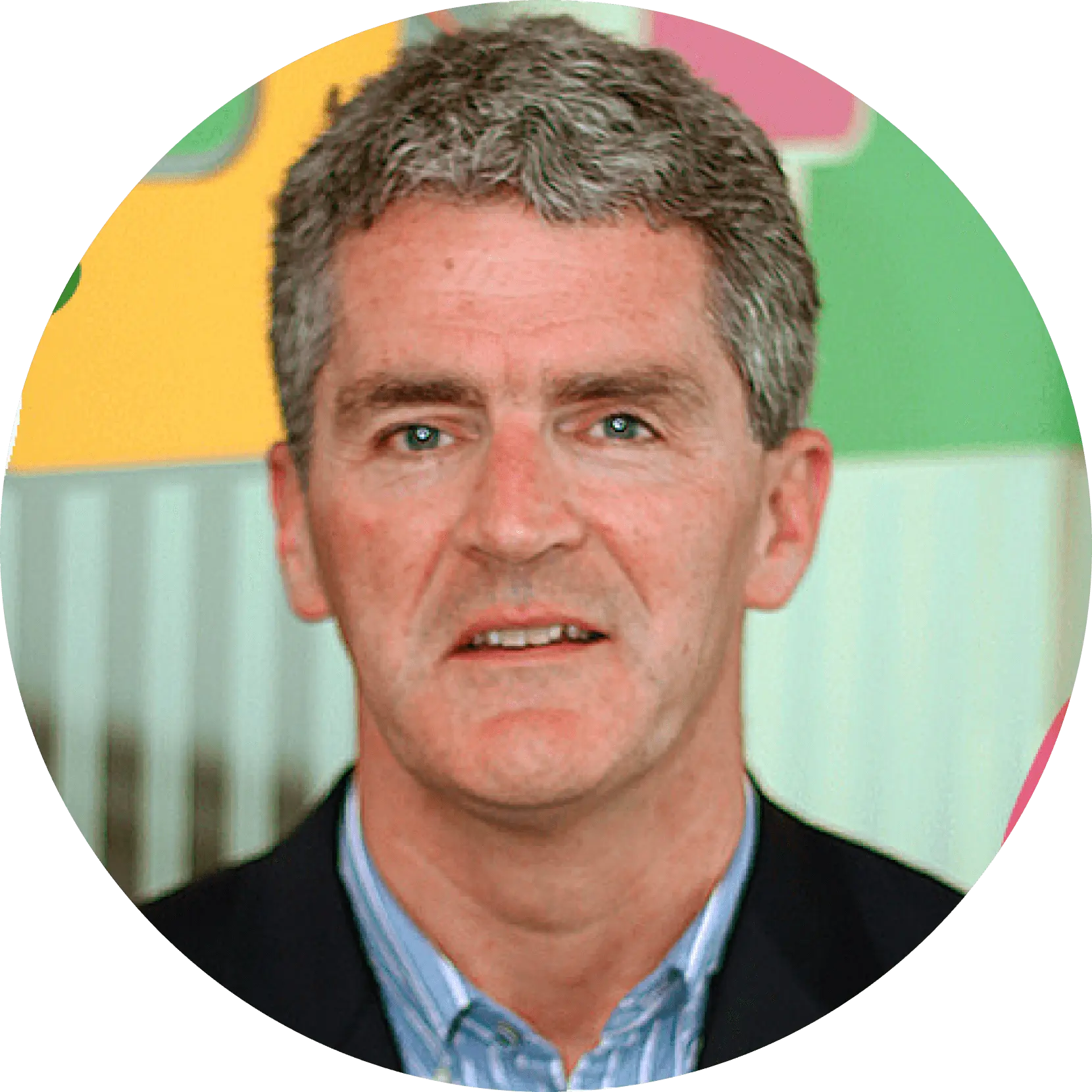
1996: Growth and Expansion
To find out if customers were interested in this new software, the idea was sketched onto five sheets of paper as a demo tool. (Icon/Illustration). This sketch was enough to get positive feedback from five potential customers – a good sign we were onto something!
The question of funding was tackled next. In 1995, venture capital for start-up software companies was not yet available in Ireland.
Éamonn decided to invest the family savings into the company. In addition, two customers agreed to help fund the software as it was developed. The first engineer joined the team in January 1996 and work continued on the new product.

1996: The First Release
The first release of the aimware Suite, based on Lotus Notes, was shipped in 1996. Aimware refers to ‘’aiming for increases in work and project management maturity with software’’.
The software helped organizations deliver better projects quickly and at a lower cost. Early customers included Eastman Kodak, Motorola, Dun and Bradstreet, and Bank of Chicago.
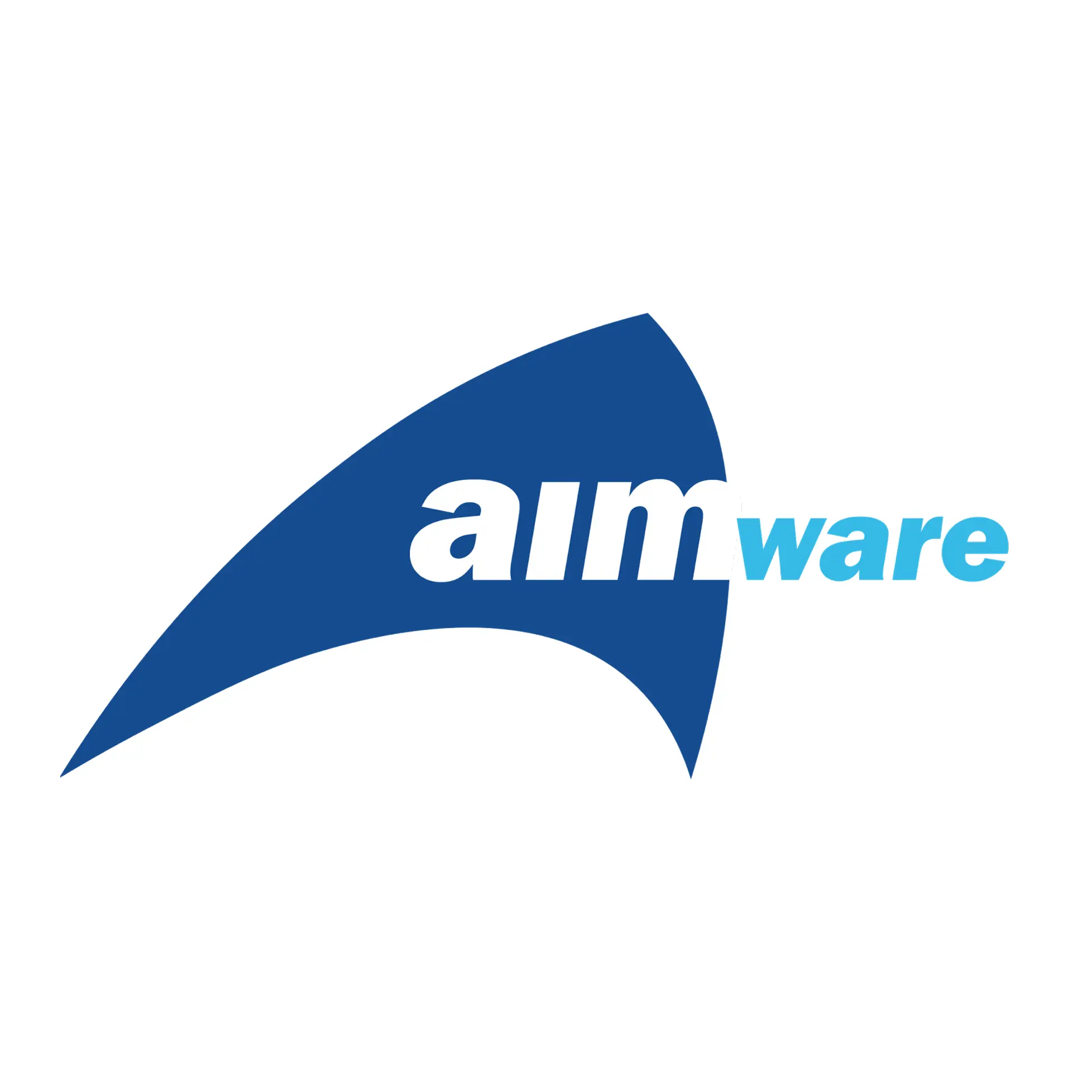
1998: The Road to SharePoint
1998 was a busy year. We opened our Boston office and began developing a product for Microsoft Exchange. We shipped ‘TeamCentral’, a web-based collaborative project management solution for Exchange in early 2000. The technology landscape was also changing. Organizations had started to move from Lotus Notes to Microsoft Exchange for email.
As Microsoft was promoting Exchange as a competitor to Lotus Notes in the collaboration space, we decided to switch to Microsoft Exchange Web Store as our development platform.
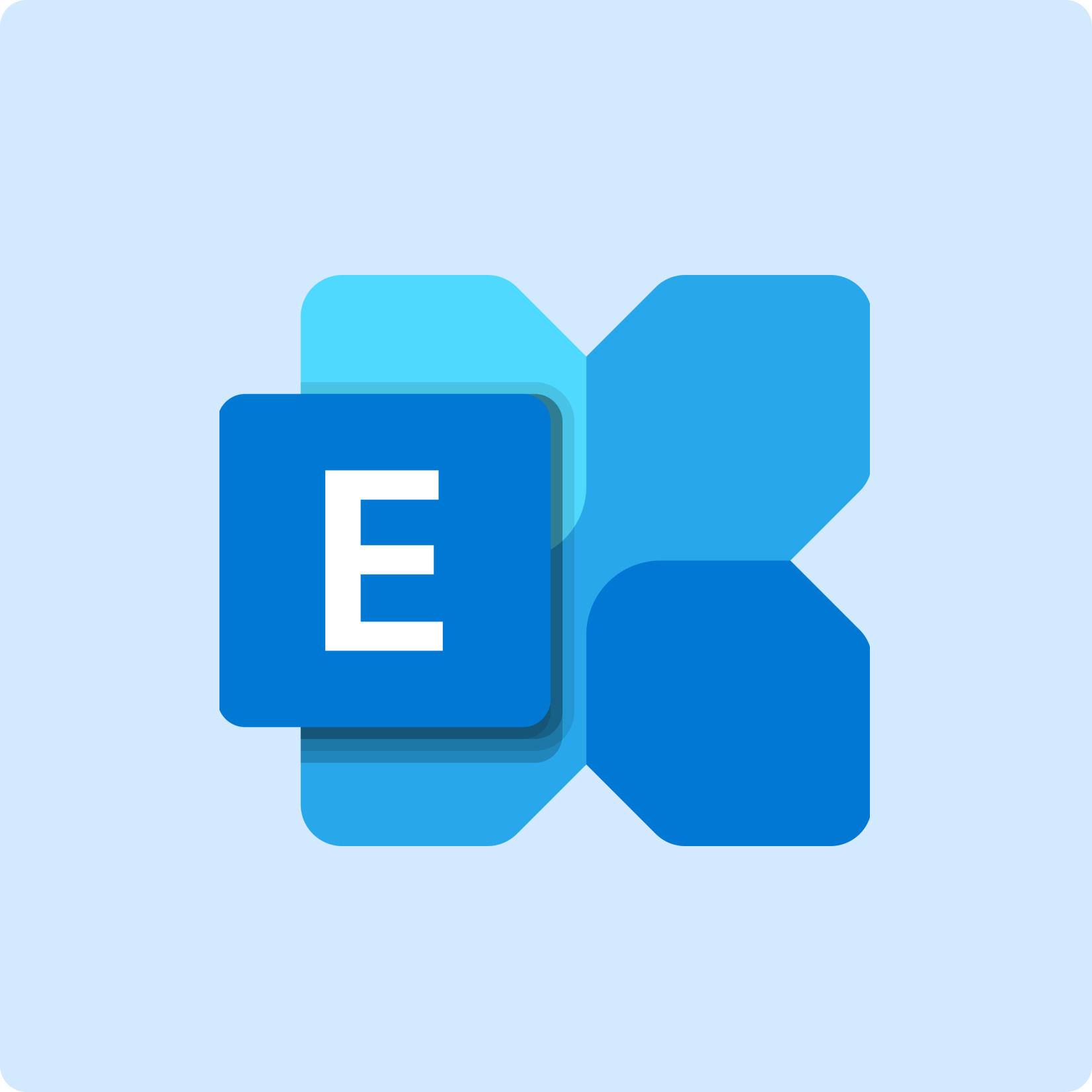
2001: BrightWork and SharePoint
Shortly after the TeamCentral release on Exchange, a Microsoft team started working on a project called ‘Tahoe’, which would deliver the first version of Microsoft SharePoint in 2001. Seeing the potential in this new collaborative offering and following advice from Microsoft, we moved platforms again from Exchange to SharePoint.
BrightWork is one of the very first Microsoft SharePoint Independent Software Vendors (ISVs) and the BrightWork product is the only project management solution to be built on every version of SharePoint to date – from 2001 to 2019.
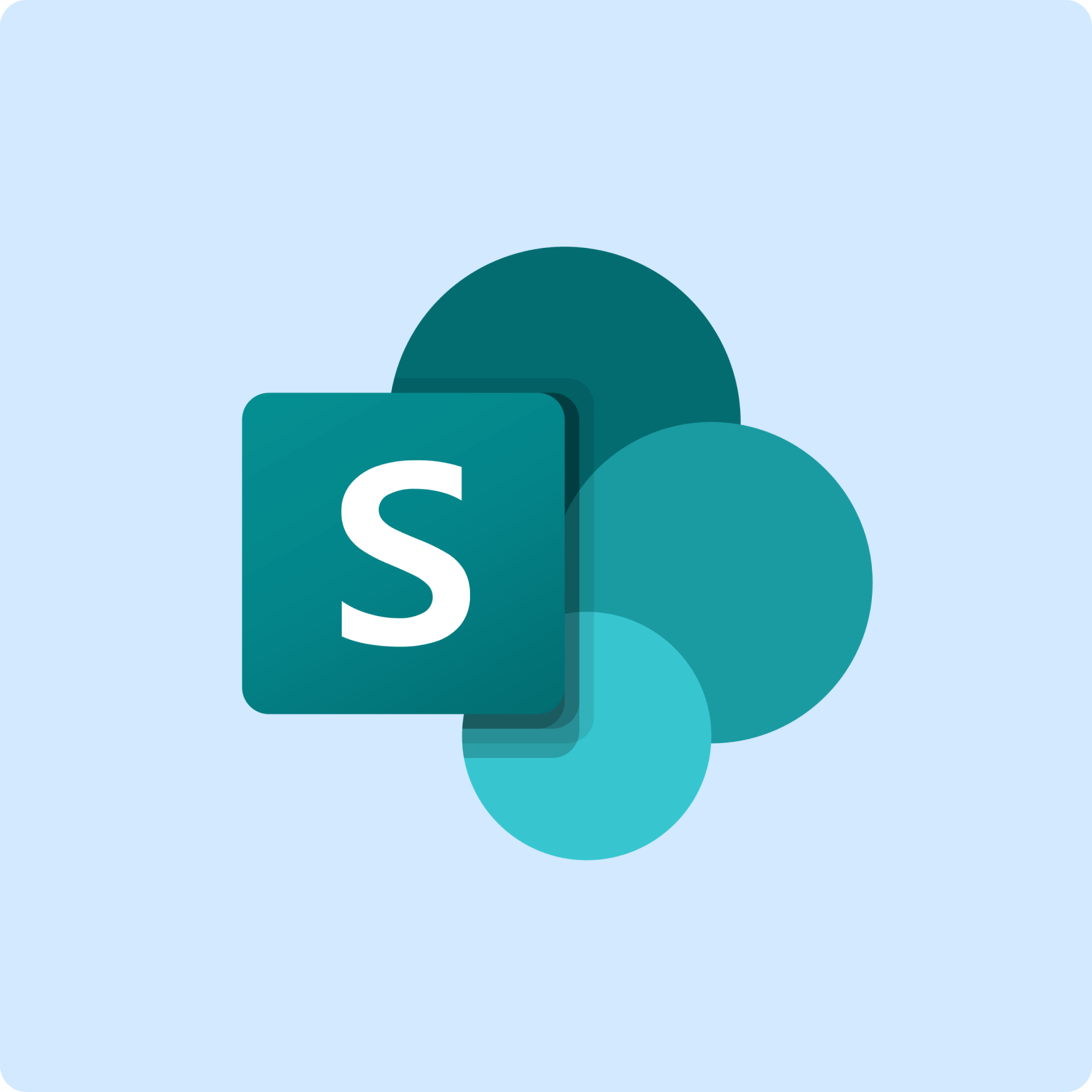
2003: BrightWork – A New Direction
Reflecting our new focus on SharePoint, aimware was rebranded as BrightWork in 2003. (Rebranding Illustration) BrightWork is the first project management application built on the SharePoint platform. We have released a version of our software for SharePoint 2019, 2016, 2013, 2010, 2007 and 2001.
To help our customers quickly see the benefits of managing projects on SharePoint, we launched our free SharePoint Project Management Template in 2014. Many Free Template users have become BrightWork customers and a new, improved version of the template was released in 2018. Thanks to offering and integrations with partners such as Project Hosts, Nintex, and TimeControl (HMS Software), we continue to serve the growing and diverse needs of our customers across all sectors.
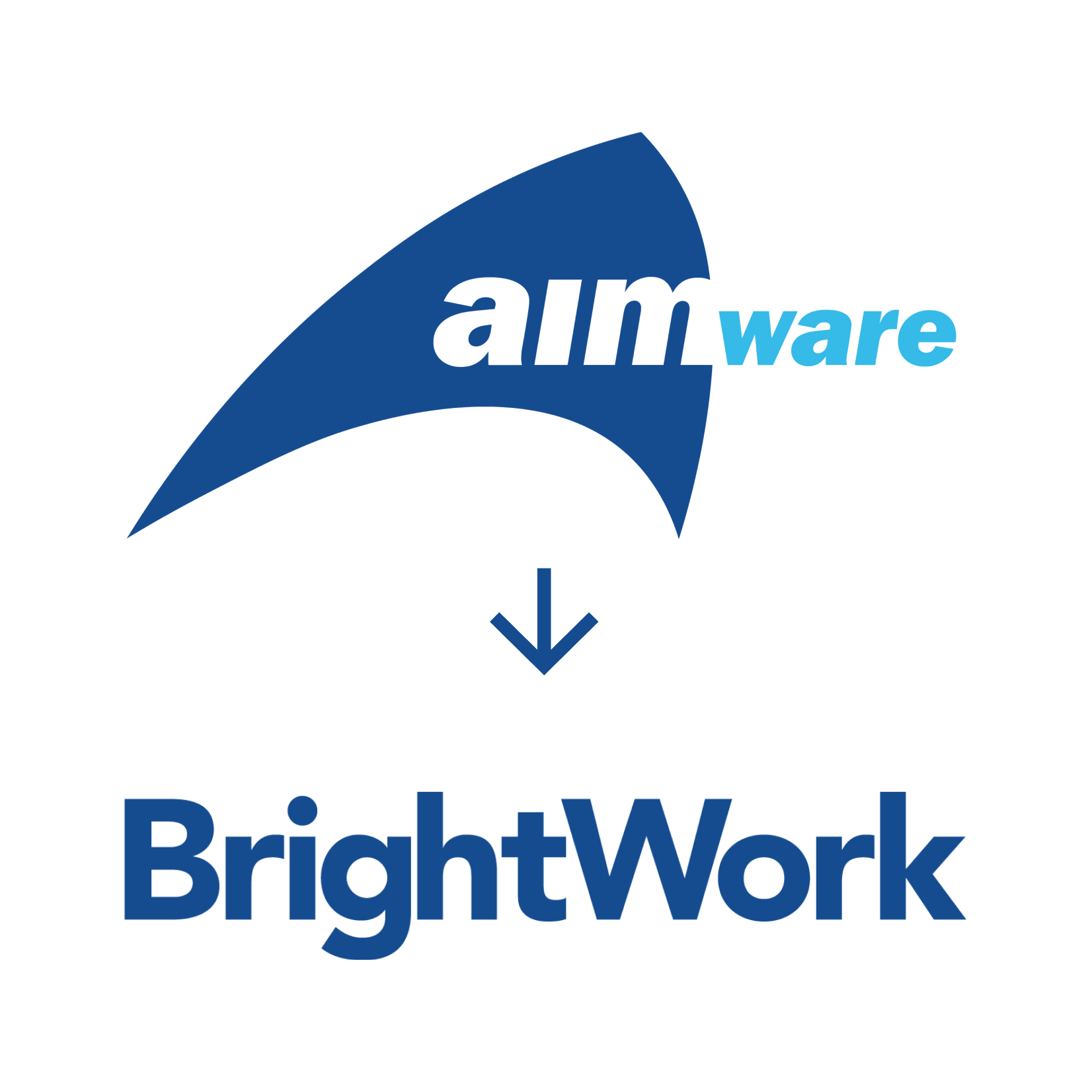
2016: Our First Book
Remote working, new software, ‘accidental project managers’. Changes in how teams work together and run projects mean successful leadership and collaboration is more important than ever. To help our customers improve team collaboration, we published a free, online guide to collaborative project management written by Éamonn in 2010.
This guide later evolved into our self-published Personal and Collaborative Leadership: A Handbook.’ The first edition was published in 2016 with a second edition in 2017.
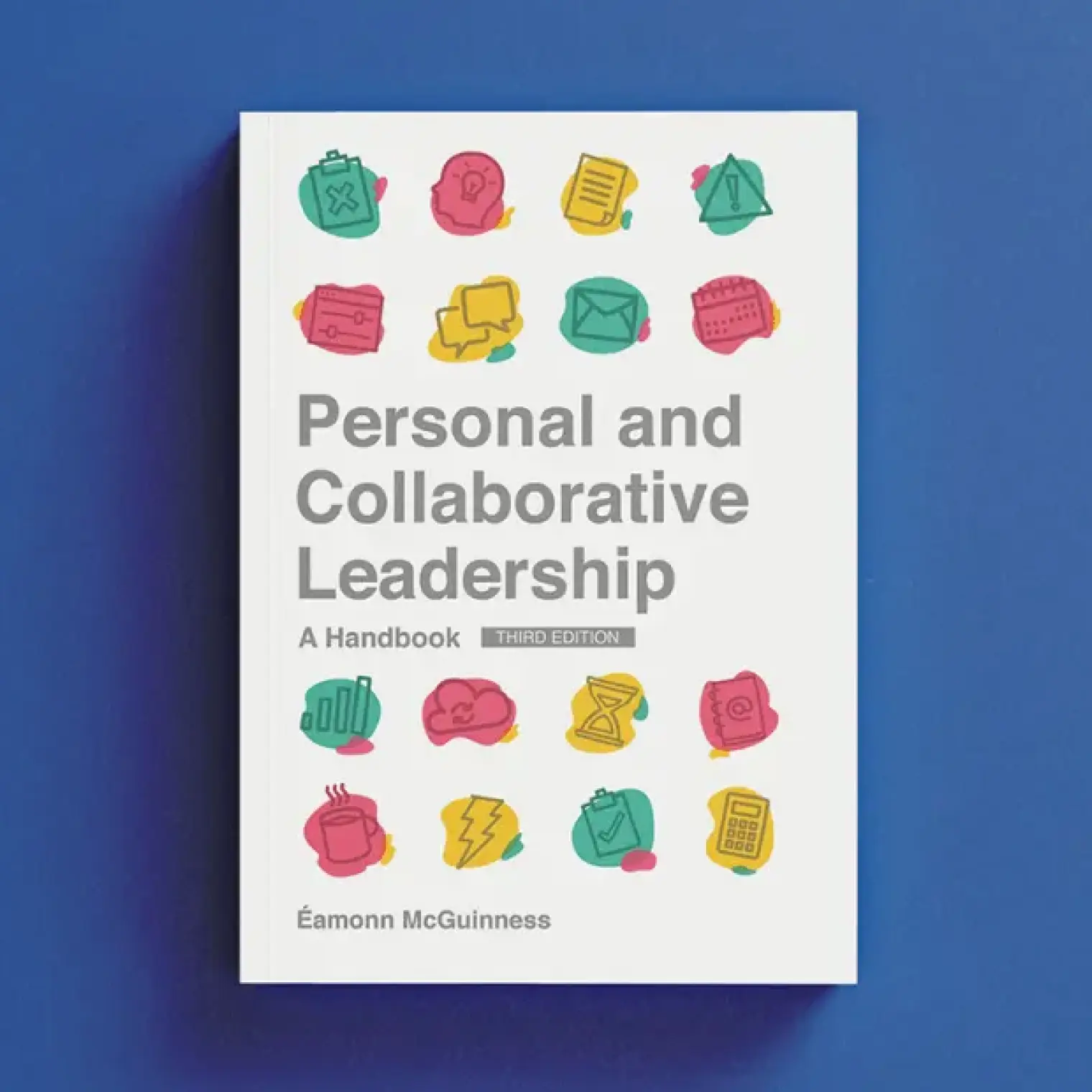
2018: The Next Chapter – Project Central
In 2018, we started the next chapter of our story with the launch of Project Central, a visual and simple approach to projects on Microsoft Azure and Microsoft 365.
As teams take on more projects, new challenges crop up, like too many tools, information silos, and poor communication with stakeholders.
We created Project Central to solve these problems and make project management easier for every team. We wanted to help teams to deliver the right projects they need to succeed.
2020: BrightWork – More than Software
We know it takes more than the right software to deliver great projects.
In 2020, we launched BrightWork Services, a range of deployment, training, coaching, and platform services to help our customers achieve their project management goals.
From leadership training to BrightWork product certification and Power BI solutions, we’re there for every step of your project management journey.
2021: Introducing BrightWork 365
BrightWork 365 is a project portfolio management solution for the Microsoft Power Platform and Microsoft 365. BrightWork 365 combines the best of Microsoft 365 with our proven project and portfolio processes.
BrightWork 365 solution is a combination of software and personalized services that use configurable templates and flexible business workflows to give project teams more agility whilst increasing visibility for senior executives and PMO leads.
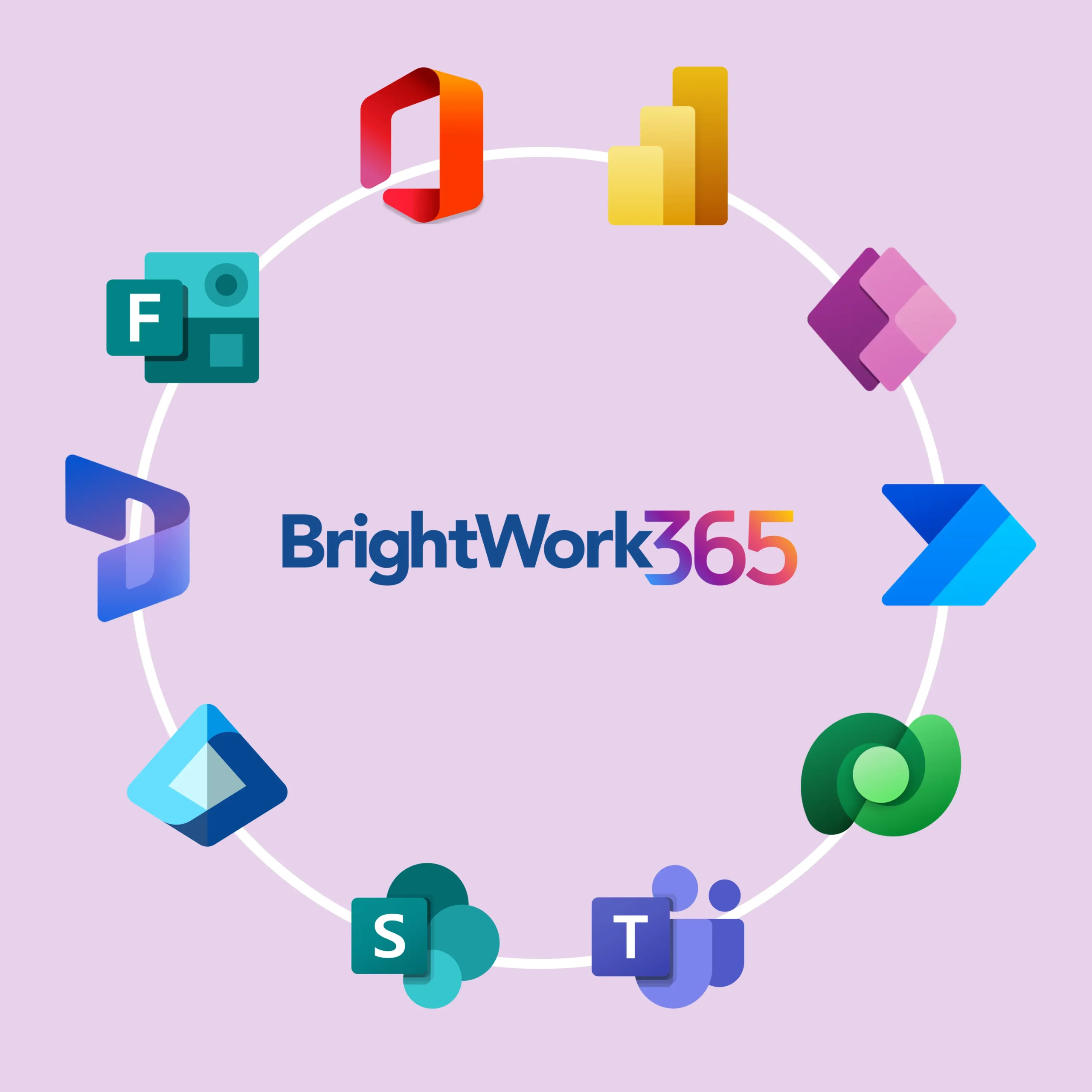
2023: BrightWork becomes a Cooperative!
BrightWork becomes a Worker Owned Cooperative with a triple purpose to look after our customers, ourselves, and our wider community.
BrightWork is built on mutual respect for human rights and a shared motivation for personal and professional satisfaction at work. We are committed to a collaborative way of working, a democratic society, and a more equal economy.
Two core principles we strive to live by at work are ‘Do unto others as you would have others do unto you’ and ‘Be the change that you wish to see in the world.’
BrightWork is not controlled by external shareholder demands and can rather reinvest our surplus back to benefit our Customers, our Co-Owners, and our wider Community.
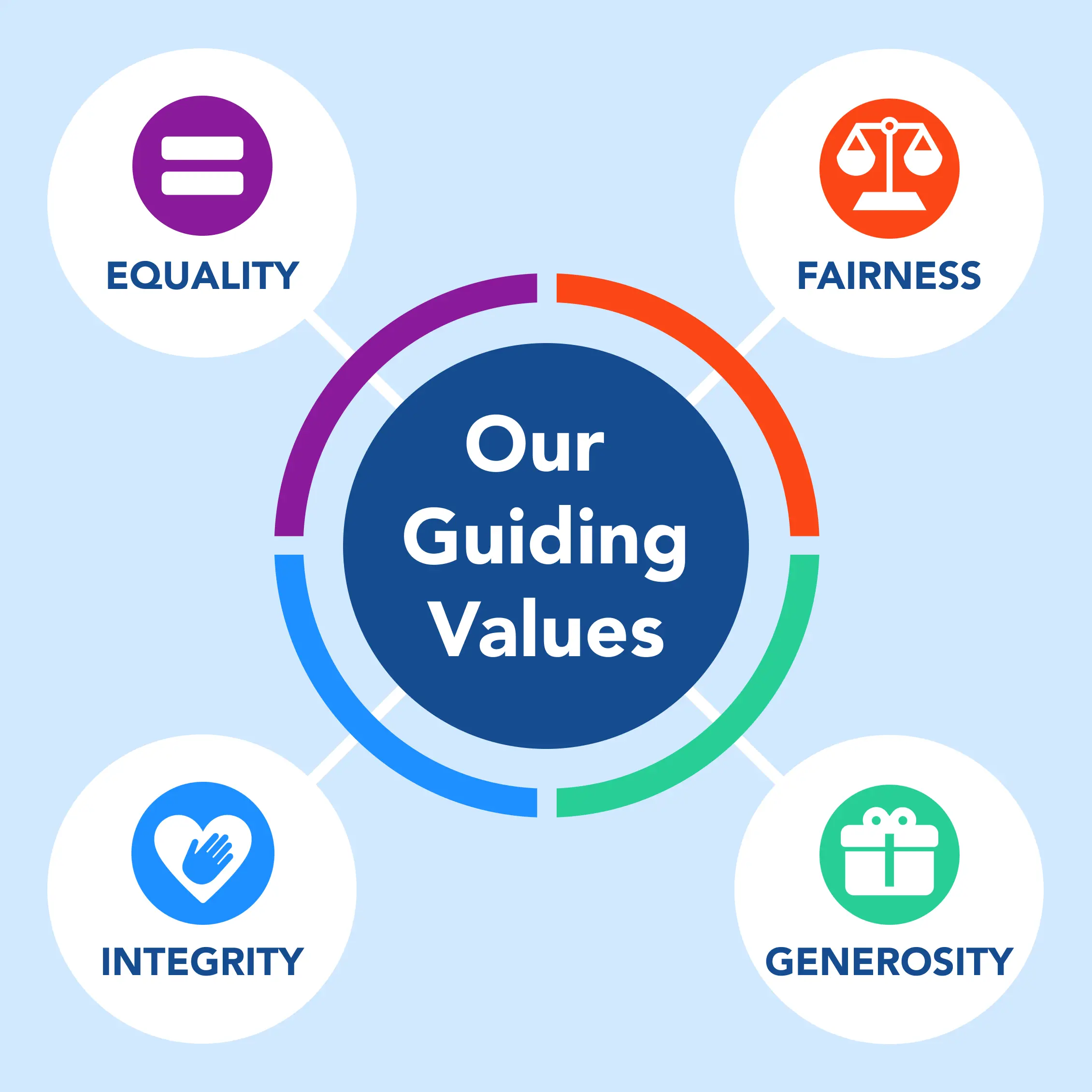
2024: BrightWork 365 is available on Microsoft Appsource
“We welcome BrightWork 365 to AppSource, where global customers can find thousands of line-of-business partner solutions that work with the Microsoft products they already use. Thanks to trusted partners like BrightWork, AppSource is part of a cloud marketplace landscape offering flexibility and economic value while transacting tens of billions of dollars a year in revenues.”
– Giovanni Mezgec, Vice President, Modern Work + Business Applications Field & Partner Marketing, Microsoft Corp.
2025: BrightWork welcomes John Lamphiere as the new CEO!
John is a seasoned, global C-Level executive, who has a proven track record of growing companies from scale-up to mature globally recognised organisations. ‘From my very first conversation with the team, I knew BrightWork was different. It’s not just a company, it’s a community built on a special culture of shared purpose, strong values, and a clear vision for the future,’ said John.
‘We’re excited to welcome John as our new CEO. With his deep global experience leading companies through transformative stages of growth, John brings exactly the kind of vision and leadership that will guide us into our next phase of success. His values as a leader align strongly with our cooperative culture, and I’m confident he will build on the strong foundation we’ve created together. I look forward to supporting John through this transition and seeing BrightWork continue to thrive under his leadership,’ says Éamonn McGuinness, Former CEO BrightWork.
Éamonn will continue to guide BrightWork through his roles as the Product Manager, Cooperative Trustee, and Company Director.
Happy and Successful Customers
BrightWork helps organizations all around the world reach their project management goals.
Our BrightWork Offices

United States
BrightWork, One Boston Place, Suite 2600, Boston, MA, 02108
+617-357-9000
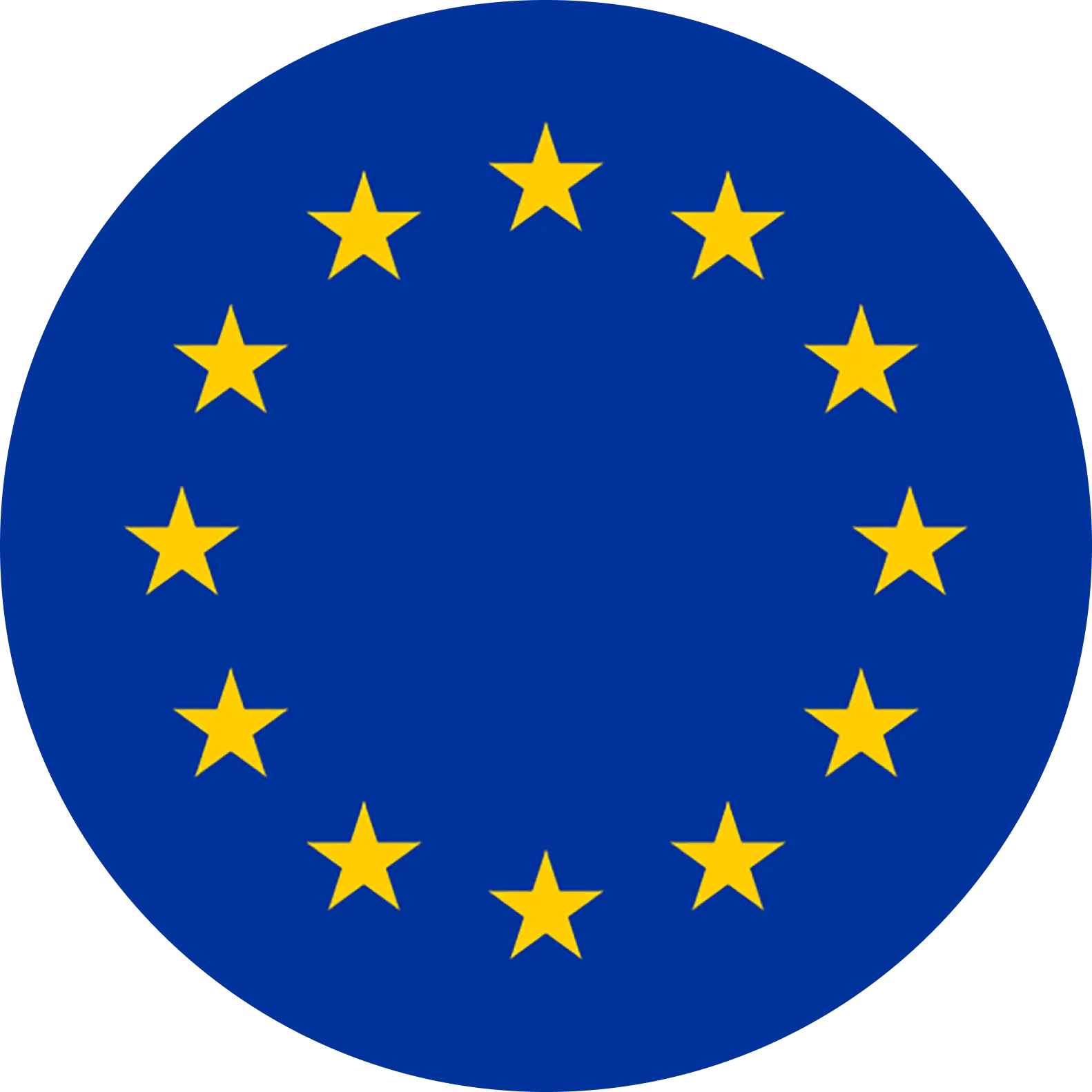
Europe
Platform94, Mervue Business Park, Galway H91 D932
+353 91 412 476
Contact Us About BrightWork Software
We’d love to show you how to make project management easy on the Microsoft platform.
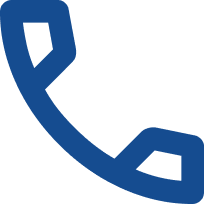
Call Us
US: 1 (617) 631-9825 ext. 701
Europe: +353-91-412-741

Email Us
sales@brightwork.com


